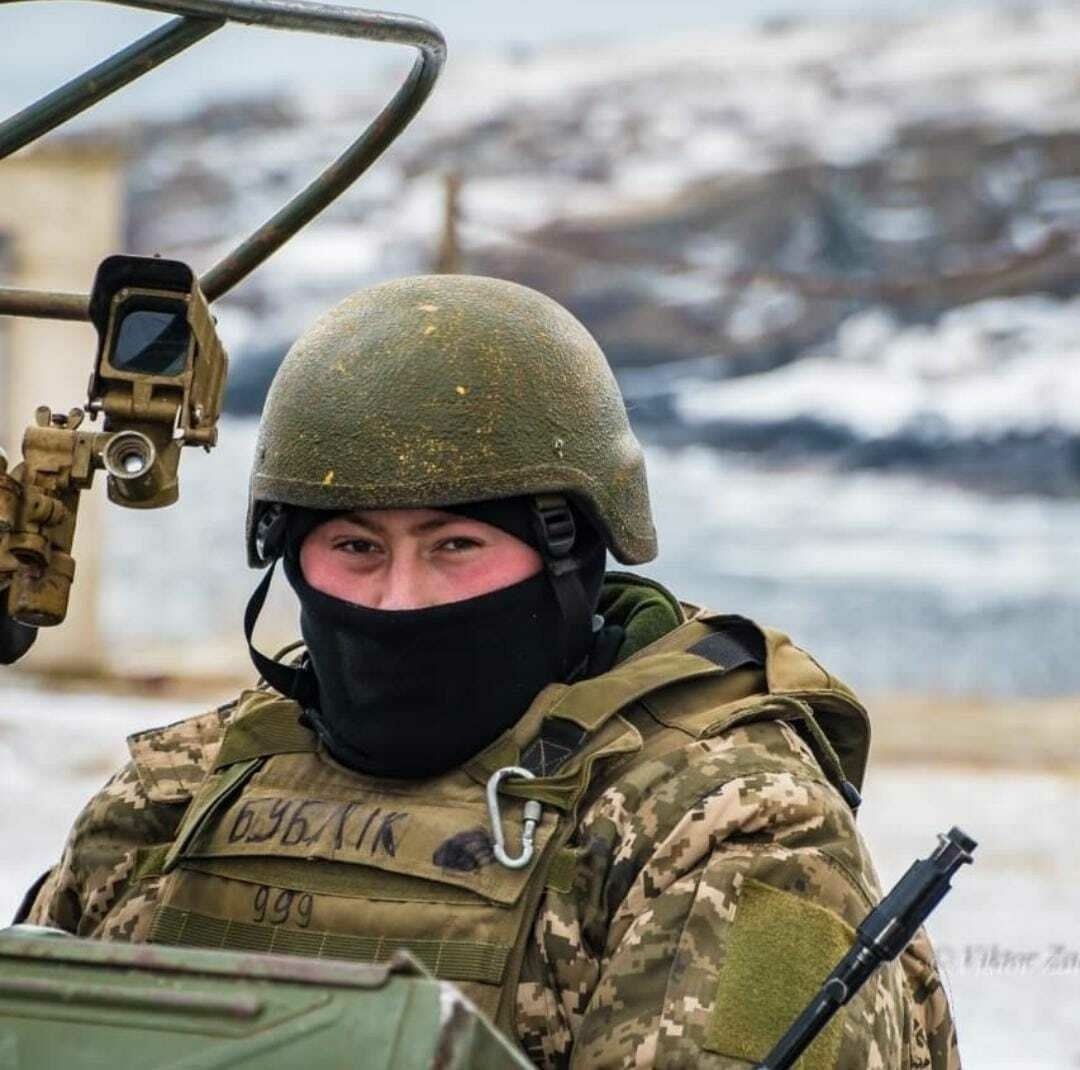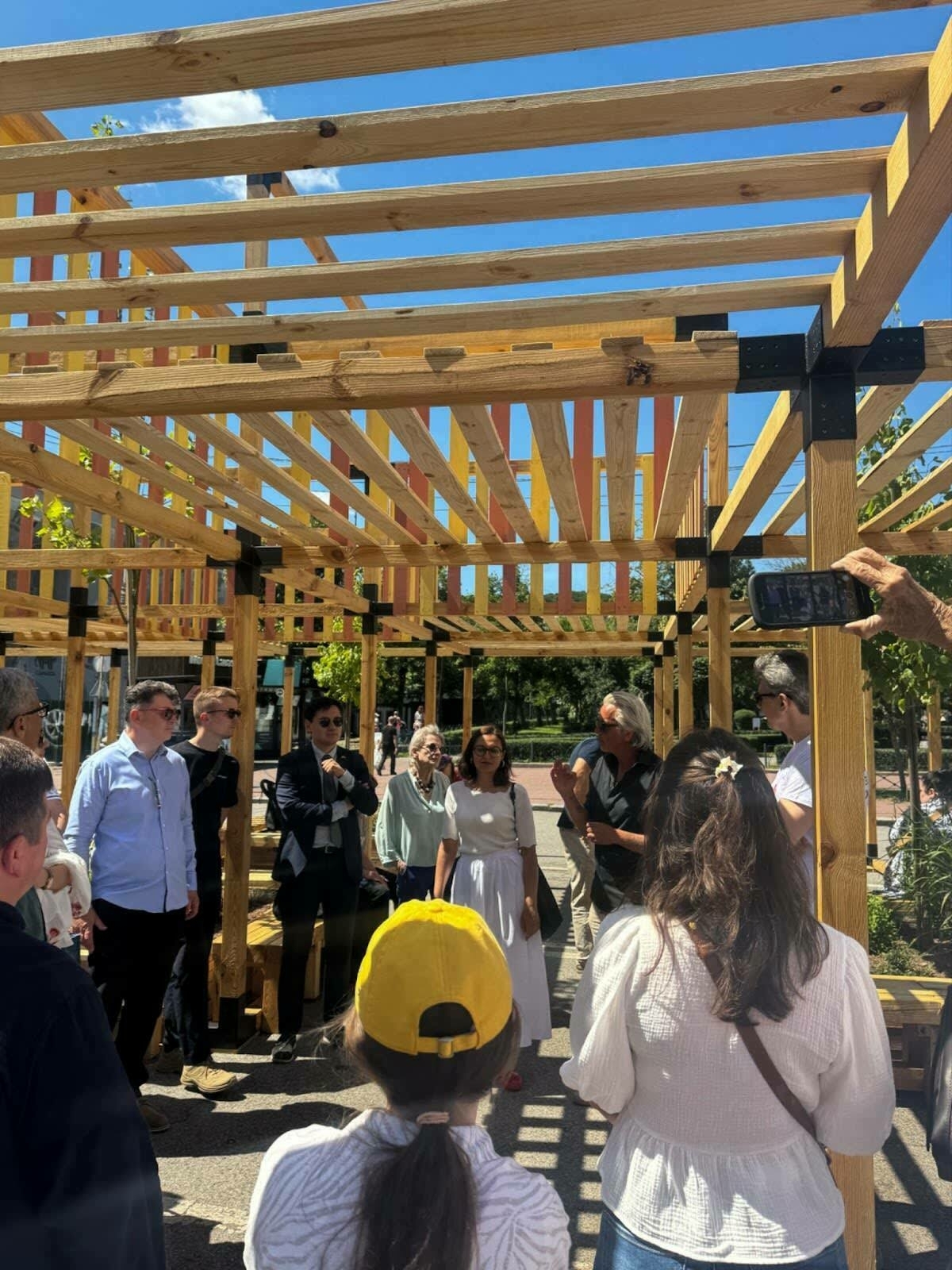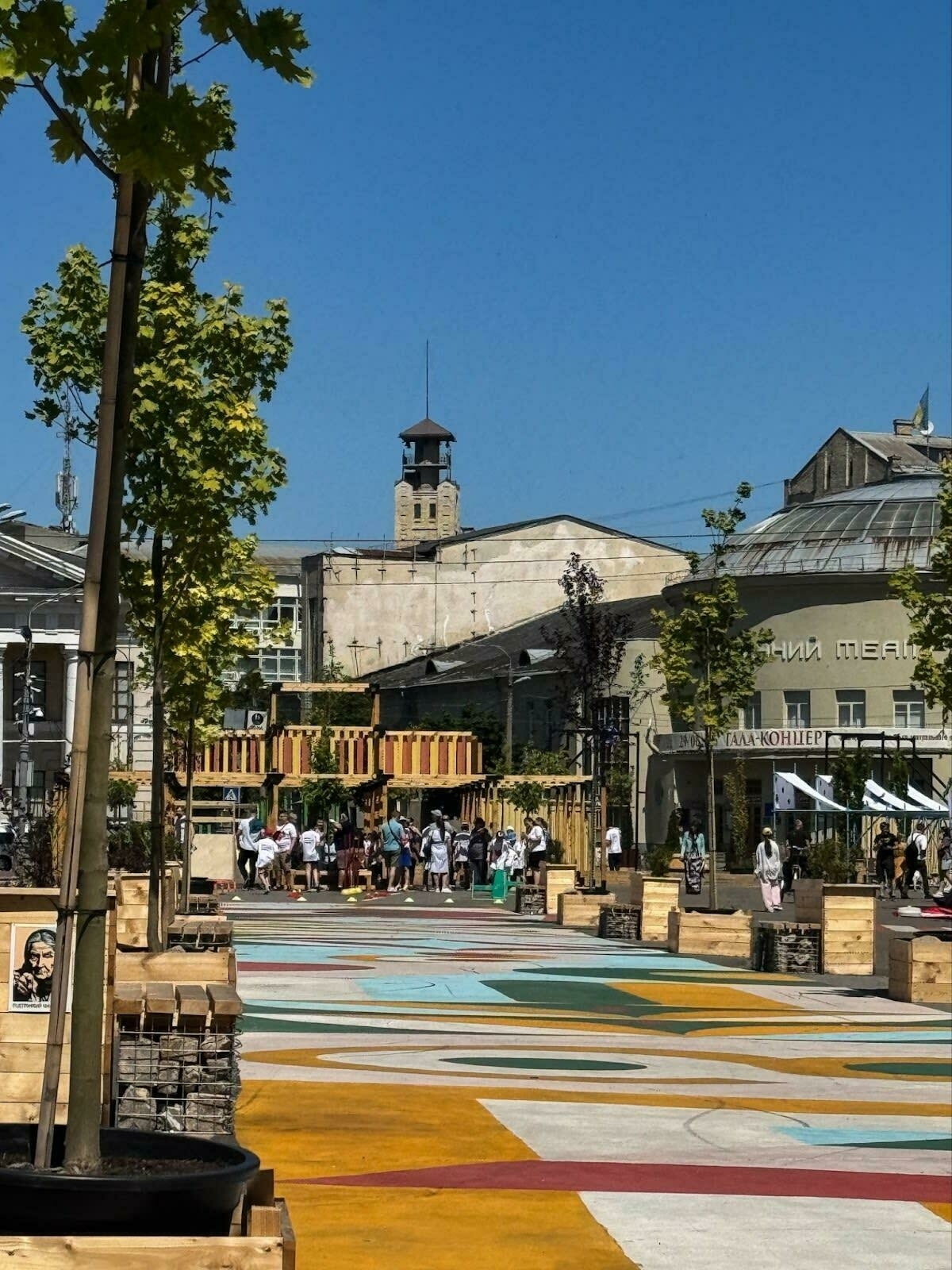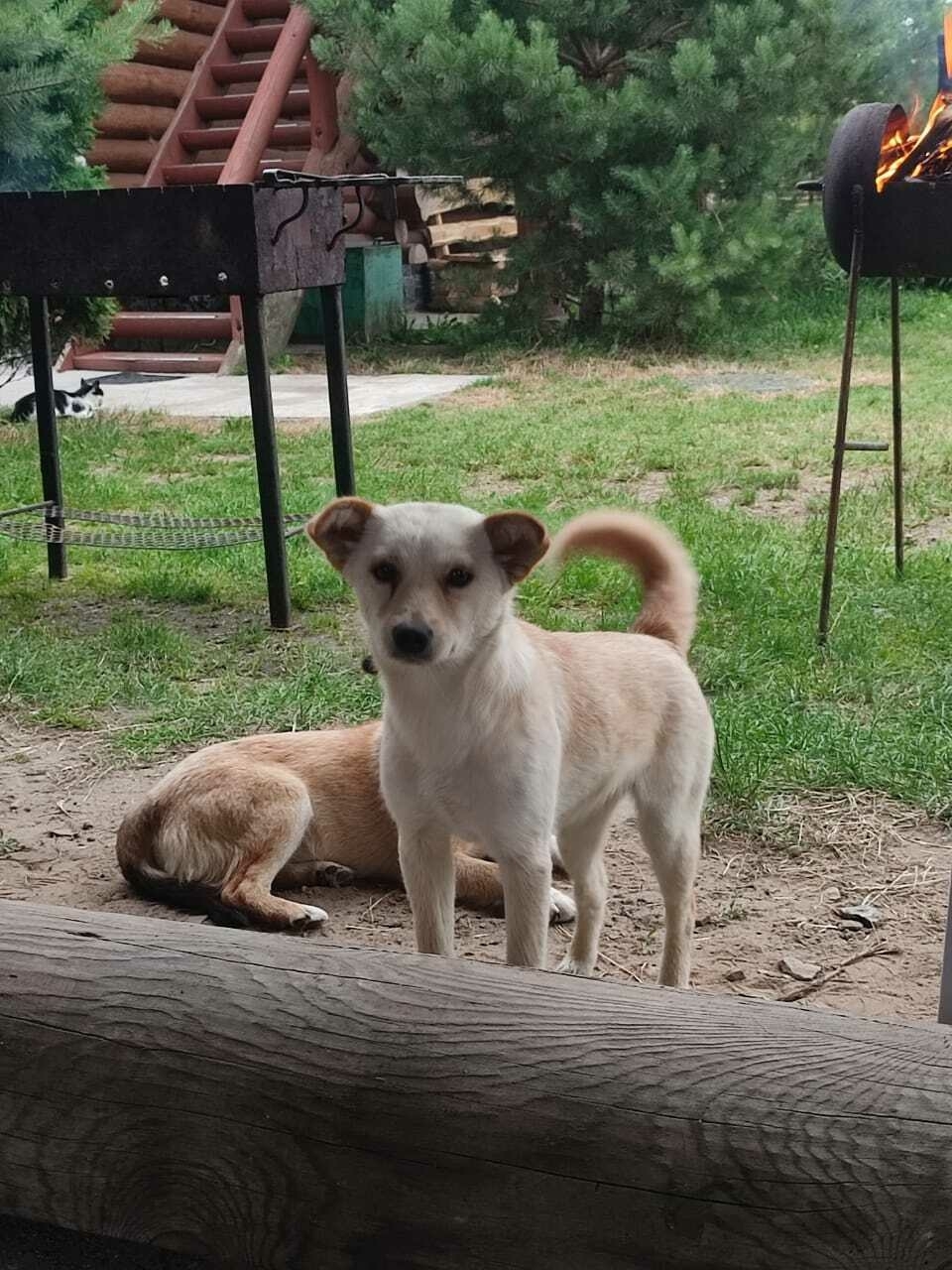Could veterans change Ukraine’s politics forever?
Editor’s Note: With all the talk about post-war elections, we wanted to see how the conflict itself would reshape political power in Ukraine. Want coverage that supports *all* aspects of the war, not just the booms and the bangs? Upgrade now to support The Counteroffensive!
On January 3, 2024, Vlad Zadorin returned to his home in Blahovishchenske, central Ukraine, happy to be alive after almost two years in Russian captivity.
Only six months into his rehabilitation, he decided to go into politics, believing he would make better decisions for veterans and soldiers than Ukraine’s current leaders.
“Veterans need support not only in words, but also in deeds,” Vlad told The Counteroffensive. “I know exactly what the guys need and how to implement it.”
Veterans have traditionally stayed out of modern Ukrainian politics. When Russia invaded Eastern Ukraine in 2014, only 21 veterans out of 441 were part of the Verkhovna Rada, Ukraine’s parliament — less than five percent of the total number of MPs.
That number was even lower after the 2019 elections, when only seven veterans were elected to parliament, less than two percent of the total number of elected members, according to the official Verkhovna Rada website.
But now, after more than three years of war, the Ukrainian public has an extremely high level of trust in their army – people who have preserved Ukraine's independence with action and not just words.
Veterans and the military are currently not heavily represented in policy-making decisions and negotiating processes – but that’s likely to change in coming years. The place of veterans in Ukraine’s politics is vital to an understanding of what the world could look like after the end of the war.
Vlad Zadorin joined Ukraine’s Armed Forces in 2019 as part of the 35th Separate Marine Brigade. He specialized in working with air defense systems.
On January 3, 2022, Vlad arrived on Snake Island, a small but strategically located island in the Black Sea. When the war broke out the following month, Snake Island became a symbol for the entire country, when Ukrainian border guards refused to surrender to Russian troops.
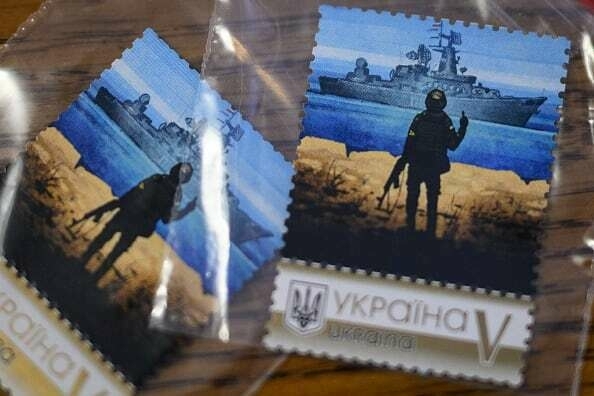
At about 4 a.m. on February 24, 2022, Vlad and his comrades woke up to a combat alarm.
“We didn't know anything about it at all… We didn't receive any directive, any notification that something was about to happen... In fact, only when the ships approached, we realized that everything was over,” recalled Vlad.
Civilians were evacuated, but 80 Ukrainian soldiers were ultimately captured and became the first prisoners of war of Russia’s full-scale invasion. Vlad was among them.
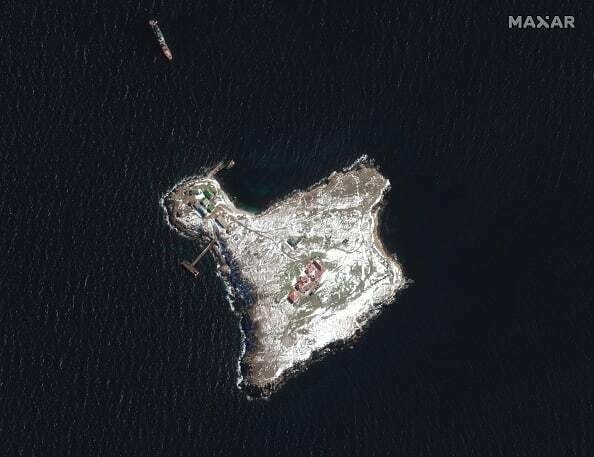
In captivity, Vlad lost half of his weight. He had to eat potato peels straight from the mud, toothpaste, worms, slugs found under the toilet. After his release, Vlad was diagnosed with a number of health problems, including a severe head injury – the Russians had broken more than 10 bottles on his head.
“When I came out of captivity, I was so morally and emotionally exhausted, so completely exhausted that I felt neither good nor evil, nothing, I didn't care,” said Vlad.
Due to severe injuries sustained during his time in captivity, Vlad can no longer hold weapons. But he still wants to be useful to his country – and particularly to help the other soldiers who are still stuck in Russia's prisons.
He is also especially interested in reshaping veterans policy, which he thinks needs a major shake up. Vlad would especially like to improve rehabilitation programs for veterans – both within Ukraine, and making them more accessible to former soldiers abroad.
Currently, less than 13 percent of the veterans surveyed by the Ukrainian Veterans Fund receive benefits for medical services. The situation worsens regarding educational benefits, financial assistance, and psychological rehabilitation, with less than 10 percent of respondents receiving these services owed to them for their work.
There are already 1.2 million veterans in Ukraine, a number that is growing every day that war continues.
When elections are finally held in Ukraine after years of martial law, the number of veterans in parliament is likely to grow, says political scientist Artem Bronzhukov, deputy director of the Think Tank ‘Polityka’. In 2024, about 70 percent of Ukrainians had a positive attitude toward the participation of veterans of the Russian-Ukrainian war in politics and elections.
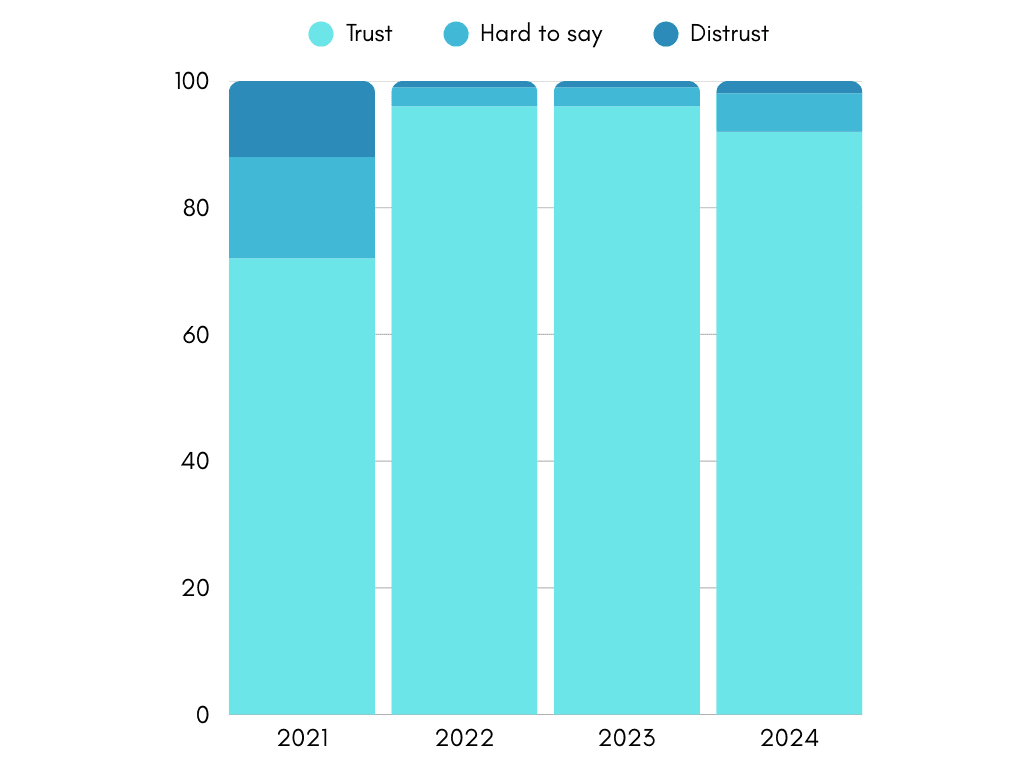
The Armed Forces of Ukraine is the institution that has the greatest trust from society as of March 2025 – more than 90 percent. By comparison, the Emergency Service (about 85 percent), the President of Ukraine (almost 60 percent), and the Ministry of Defense (63 percent) have a lower level of trust.
“The Ukrainian army is unique… A huge number of activists went to the front to defend Ukraine and, of course, after the active phase of hostilities is over, many of them will either apply to create their own political projects or join existing political forces,” said Bronzhukov.
The people of Ukraine have also shown interest in army chiefs moving into politics. In February 2024, 94 percent of Ukrainians surveyed had a high level of trust in outgoing army commander Valerii Zaluzhnyi, with polls showing many are interested in a potential party he might form – though he has refrained so far.
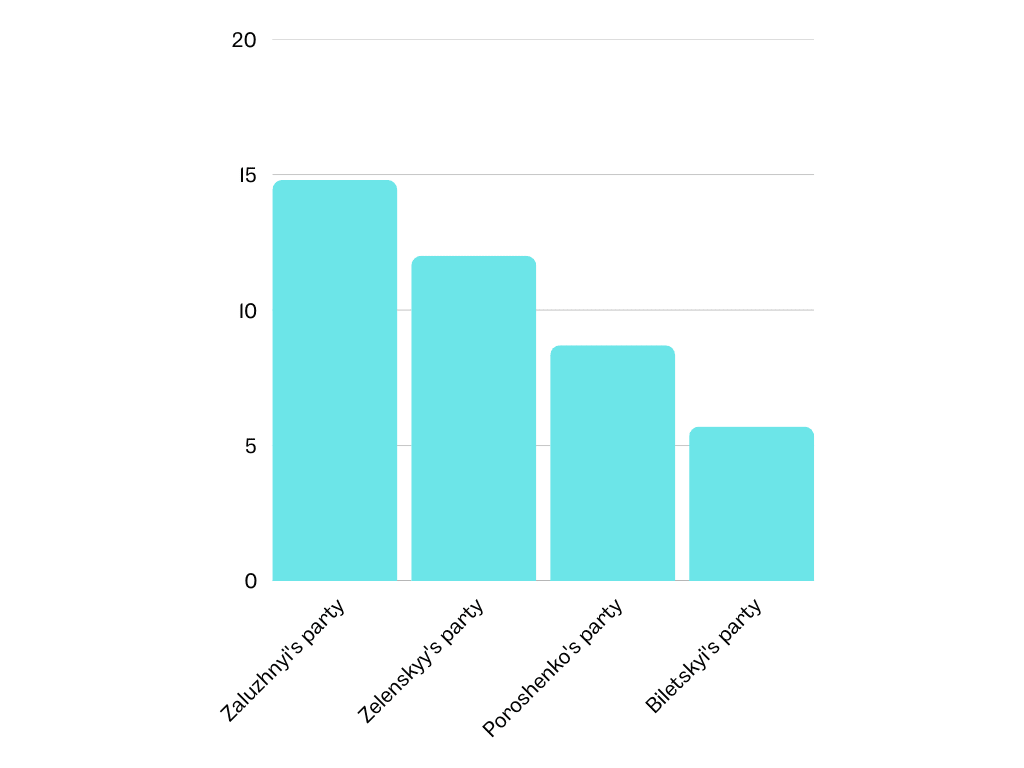
One group that wants to help veterans get their voices heard is the ‘Chesno’ movement, an organization that aims to build trust in Ukraine’s politics. Last year, it started the Veteran Leadership Program, an initiative to help veterans learn leadership skills.
About 100 veterans have already joined the training courses, which may lead to more veterans with experience standing for office in upcoming elections.
"We already remember cases when, after the start of the [war in Ukraine in 2014], a significant number of politicians used [military] uniforms and veteran status to gain more votes and seats in parliament,” said Viktoriia Oliinyk, head of the Chesno program. “We want this time to have veterans who have their own goals and objectives and defend their positions in the parliament.”
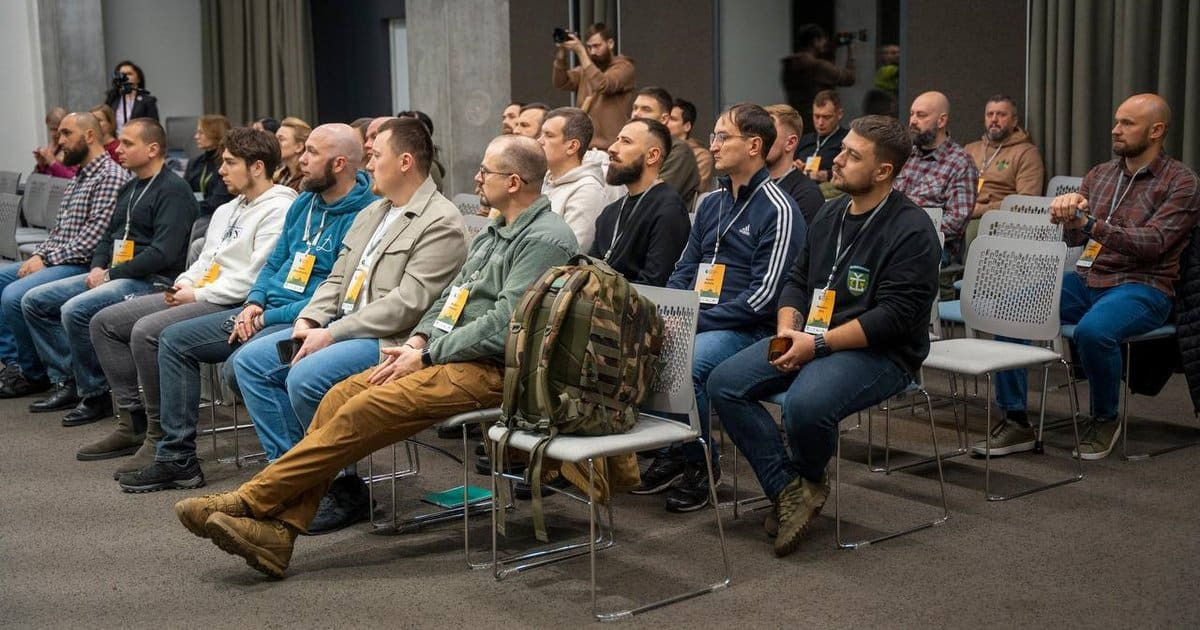
In the 2014 parliamentary elections, with the outbreak of the war in eastern Ukraine, political parties actively recruited military personnel to their lists on the eve of the election, appealing to society’s patriotism and heroism.
The servicemen had no real political power, but were instead used for display. Many experts fear the same is likely to happen again.
“There will be one hundred percent [the same scenarios]. Therefore, the question here is also about the military personnel themselves, who can organize and create their own political parties,” said political scientist Artem Bronzhukov. “The biggest threat is from the classical political parties, which will try to marginalize military servicemen who, due to various electoral circumstances, may not [be able to organize for political power].”
The frontline near-death experiences – such as performing combat missions and making difficult decisions in extreme conditions – can strengthen useful traits in government as well.
“First and foremost, discipline, because the military and overall army develops discipline, but not everyone has it, unfortunately,” he explained. “The military is trained to perform tasks, so I think if we were given a task in the political arena, we would try to use the skills we learned in the army,” said Vlad.
World War II in the U.S. also generated a demand for military politicians who went on to hold key positions afterward. Dwight Eisenhower, for example, was elected president in 1952.
This surge of veterans' political power was driven both by public demand for stronger national security amid the looming Cold War, and by the growing prestige of the military in the eyes of the public — a trend that may soon also be observed in Ukraine.
Although the number of veterans in American politics has gradually declined, around 20 percent of members of Congress have served in the armed forces.
In the early 1970s, the American Congress had a record number of veterans – 73 percent. This was due to the earlier involvement of the United States in World War II and the Korean War, which increased the proportion of veterans in the country to almost 14 percent in 1970.
“The military are the representatives of society who today have the most acute sense of justice, because they are at the forefront of our country, they ensure its existence and its future. And of course, in politics, people with clear principles… are especially necessary for Ukraine,” said political scientist Artem Bronzhukov.
Even if peace is achieved, the issue of security will be at the forefront of Ukrainians' minds after the war is over.
After all, the threat of Russia will not disappear forever. The critical issues will also be the restoration of the infrastructure destroyed by Russia and the fight against corruption, Bronzhukov explained.
“Ordinary people will change everything,” said Vlad.
NEWS OF THE DAY:
By: Artem Moskalenko
TRUMP THREATENED 10% TARIFFS ON ANTI-AMERICAN BRICS COUNTRIES: He made this statement immediately after the BRICS meeting in Rio de Janeiro, Brazil, in response to criticism of his tariff policy.
The bloc's leaders did not directly criticize Trump's large-scale tariff policy. In a joint statement, they said “serious concern was expressed over the growing number of unilateral tariff and non-tariff measures that distort trade and are inconsistent with WTO rules.”
BRICS positions itself as an alternative to the World Bank and the IMF, which, according to its members, are dominated by the West. It includes Brazil, Russia, India, China, South Africa, Egypt, Ethiopia, Iran, the UAE, and Indonesia.
BILD PUBLISHED UKRAINE'S SECRET ARMS REQUEST TO GERMANY: The list is divided into three categories: air defense, armored vehicles, and electronic warfare equipment, with a total value of billions of euros.
Against the backdrop of massive Russian attacks, Ukraine is requesting four IRIS-T air defense systems, as well as 1,500 IRIS-T SLM medium-range guided missiles and 500 IRIS-T SLS short-range guided missiles. In addition, 200,000 40-mm anti-aircraft munitions are being requested to counter Russian drones.
However, the German Ministry of Defense declined to comment on this list for security reasons. Since the beginning of Friedrich Merz's government, Germany has no longer been publishing information about new arms deliveries to Ukraine.
TRUMP, ZELENSKYY DISCUSSED REPLACING US AMBASSADOR: This happened during their phone conversation on July 4, according to Bloomberg sources.
The list of potential candidates for the position of ambassador includes Prime Minister Denys Shmyhal, Deputy Prime Minister Olha Stefanishyna, Defense Minister Rustem Umerov, and Energy Minister Herman Halushchenko.
These talks are taking place against the backdrop of a new wave of tension in Ukraine's relations with the US. The Trump administration unexpectedly suspended the transfer of artillery shells and air defense systems to Ukraine last week.
OPENING OF TORV, DANISH URBAN PROJECT IN KYIV: Veronika visited the opening of Torv (Danish for ‘marketplace’) on Kontraktova (Contracts) Square — a site that served as Kyiv’s main marketplace and commercial hub from the 9th to 19th century.
The Danish-led urban transformation project focused on both mental and physical health. The redesigned space includes an area for resting in a shadow with plants where you can cool off on hot summer days.
The site is now considered the largest pop-up urban space in the world.
Presentation of the place, led by architect Mikael Colville-Andersen, the Deputy Head of Mission Lars Olaf Søvndahl Petersen.
DOG OF WAR:
Today’s Dogs of War are these cuties that Nastia met in the Zhytomyr region while celebrating prom with her university groupmates. The doggies were super friendly, they must’ve already got used to meeting lots of new people at the guest houses where they live.
Stay safe out there.
Best,
Nastia

